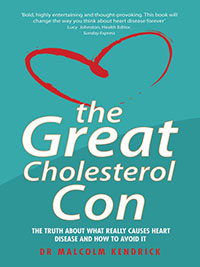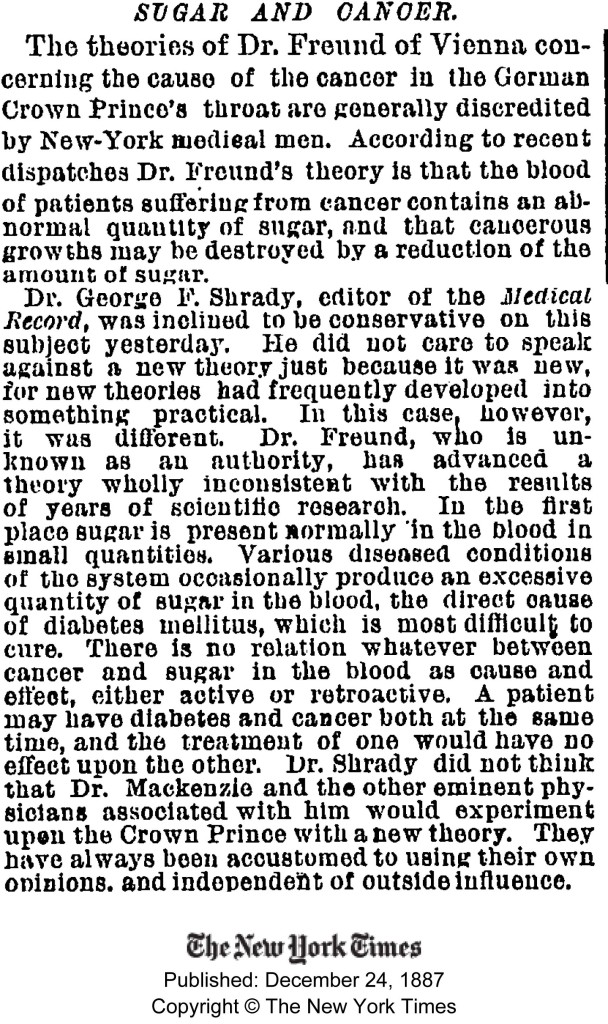
Recent articles show the increased risk of Diabetes and poorer Diabetic control with patients taking cholesterol lowering drugs.
I am not a fan of statin drugs until people seriously look at their diet. Dietary and lifestyle changes are significantly better at lowering cardiovascular disease risk factors. The trouble is this requires effort from the patient and effort from the doctor. Surprise, surprise – as a society we take the cop out path.
3 articles here look at the link and increased risk of those statin drugs on Diabetes.
Liew’s article from last week in ‘Diabetology and Metabolic Syndrome’ showed that statin users had HBA1c levels (a marker of Diabetes control) 29% higher than non-statin users.
If you were already Diabetic then you were also 20.8% more likely to have poorer control of your Diabetes if you were on a statin drug.
http://www.ncbi.nlm.nih.gov/pmc/articles/PMC4003286/
Yoon in 2013 describes the same phenomenon as does Sampson in 2012.
http://www.ncbi.nlm.nih.gov/pmc/articles/PMC4003286/
http://www.ncbi.nlm.nih.gov/pmc/articles/PMC3341610/
Two of the articles state that is still better to be on a statin but did not really qualify that.
My concern is that the poorer blood glucose control directly comes back to insulin resistance and inflammation – and that worries me more than any cholesterol lowering drug.
My concerns about inflammation are addressed at http://www.nofructose.com/introduction/nutritional-model-of-modern-disease-2/








